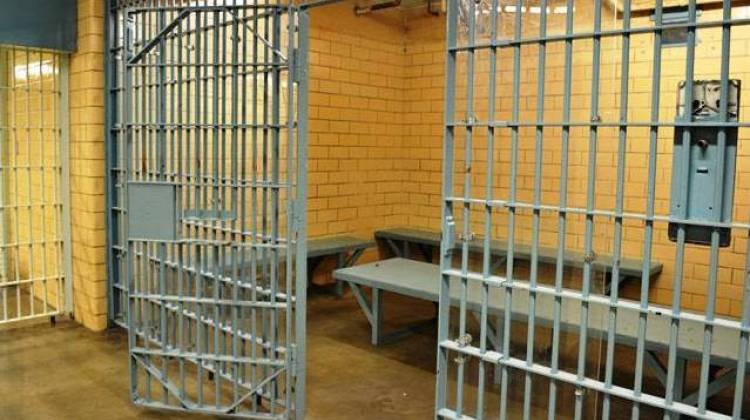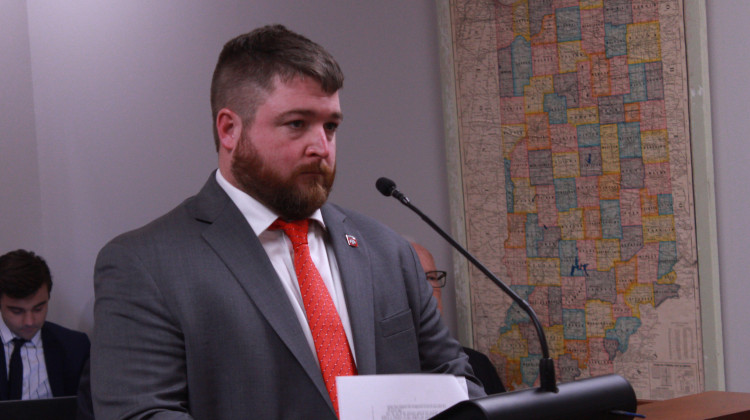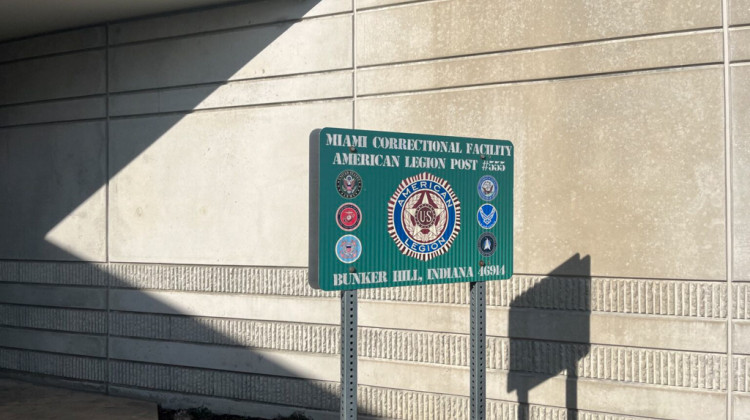
The study found, for the most part, the California law didn't have an impact on crime rates.
Ryan DelaneyAn IUPUI study of California’s prison realignment – directing more offenders into probation, community corrections and local jails – shows no significant impact on public safety. The study could provide some lessons for state officials about Indiana’s criminal code reform.
California’s Realignment Act was passed in 2011. A study led by IUPUI professor Jody Sundt looked at crime rates in the three years following its passage. And save for a one year spike in auto thefts in 2012, Sundt says the realignment had no effect on crime rates.
A similar reform in Indiana took effect in 2014. But the Hoosier State has seen a spike in property crimes since. Sundt says other states, including those that have no reforms, have seen a similar increase.
“And it has much more to do with some other trends and most likely changes in drug addiction – so, the heroin and opioid addition problems that we’re seeing right now,” Sundt says.
Indiana Prosecuting Attorneys Council Executive Director David Powell says Indiana’s reform is too new to draw meaningful conclusions.
“It’s too early to throw our hands up and say we’ve solved the world’s problems with 1006 [the criminal code reform bill]; it’s also too early to say it’s failed,” Powell says.
Powell says investing in mental health care and addiction treatment is key in helping ensure the criminal code reform is successful.
 DONATE
DONATE






 Support WFYI. We can't do it without you.
Support WFYI. We can't do it without you.